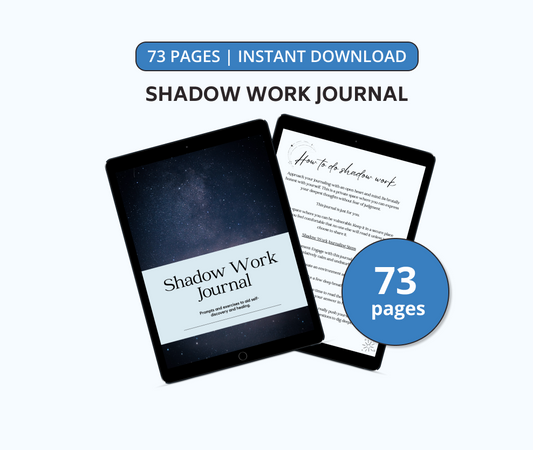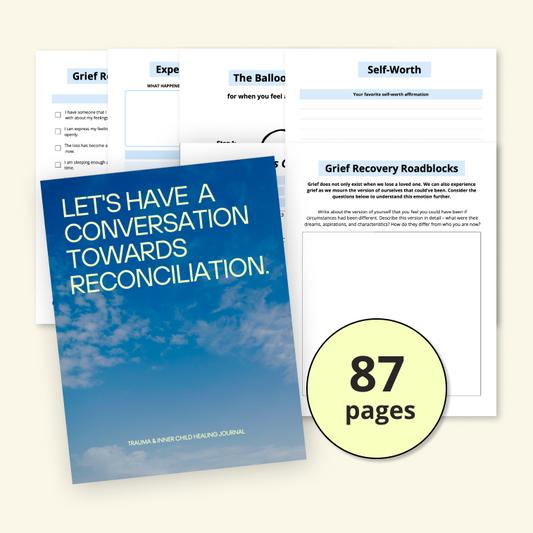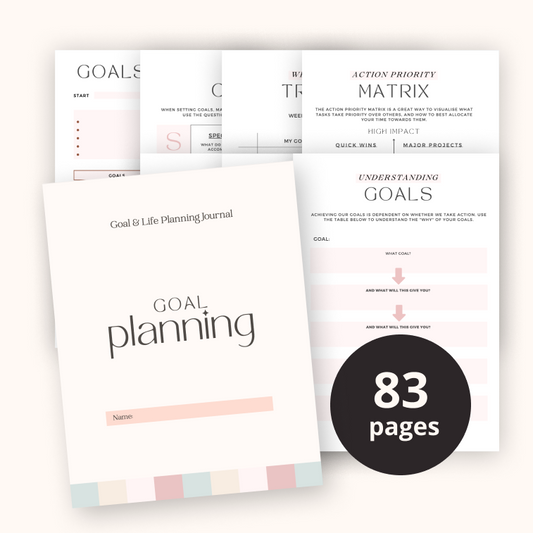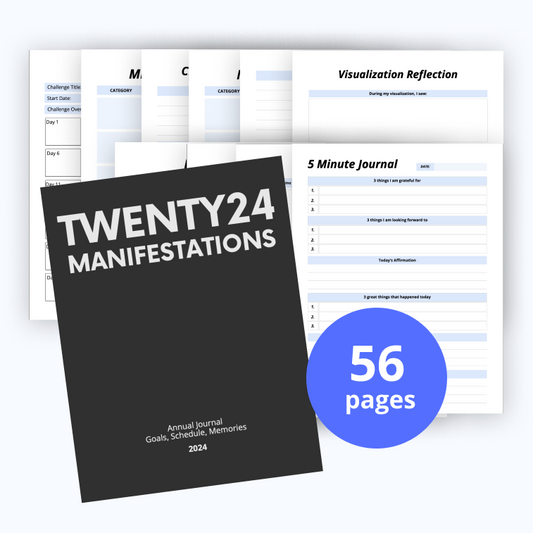Dealing with anxiety and depression can often feel like exploring a dense, uncharted forest.
You’re not alone in this journey, and there’s a path that leads to clearer skies.
Discovering effective coping strategies is like uncovering hidden trails that can guide you through the thickest underbrush. With the right tools and a bit of guidance, you’ll find that managing these feelings becomes more achievable.
Let’s begin on this enlightening expedition together, exploring proven techniques that offer relief and bring back the color to your world.
Whether you’re seeking to enhance your own toolkit or support someone close to you, you’re about to uncover valuable insights that can transform the way you face anxiety and depression.
Understanding Anxiety and Depression
Hey there! You’ve probably experienced a day when everything felt too much or a moment when the world seemed too quiet, almost eerily so.
Yep, we’re talking about those unwelcome guests: anxiety and depression. These emotional challenges aren’t just bad moods that can be shaken off with a good night’s sleep.
They’re complex, but guess what?
You’re not alone in this, and understanding them is your first step to managing them better.
Anxiety: It’s like having a pesky alarm in your head that won’t shut off.
It alerts you to danger when there’s none, making you feel jittery and on edge. Your heart races, you sweat over the small stuff, and it feels like you’re carrying a backpack full of bricks.
It’s your body’s way of saying, "Hey, watch out!" even when the coast is clear.
Depression: Now, this one’s the heavy cloud that refuses to part.
It saps your energy, dims your joy, and makes it tough to get out of bed. It’s not just feeling sad; it’s like the color has been drained from your world.
Everything feels effortful, and those things you used to enjoy? Meh, they don’t bring the same sparkle anymore.
But here’s the kicker: both anxiety and depression are manageable.
Yes, you heard that right.
With the right tools, strategies, and support, you can navigate through these feelings and rediscover the brighter side of life. Wholesome’s guided journals are designed just for this journey.
They’re like your personal roadmap through the fog, offering step-by-step guidance, prompts to reflect on your thoughts and feelings, and exercises to rebuild your resilience muscle.
Why Understanding Matters
Getting why anxiety and depression mess with your vibes is crucial.
It’s about recognizing the signs early and saying, "Okay, I see what’s happening here," instead of letting them run the show.
When you understand the what and why, you’re better equipped to take those first steps towards feeling more like yourself again.
- Recognize the Signs: Know what to look for so you can catch them in the act.
- Personal Power: Understanding gives you the upper hand and the confidence to seek help.
- Tailored Solutions: Because one size does not fit all, especially when it comes to your mental health.
Building a Support Network
Facing anxiety and depression is like going toe-to-toe with a heavyweight boxer, except it’s your brain, and let’s be honest, throwing punches back doesn’t exactly work.
But what does work? Building a killer support network, armed with the right people who’ve got your back.
Why’s a Support Network a Big Deal?
A solid support network is your go-to squad for those days when getting out of bed feels like climbing Everest.
These are the folks who listen without judging, offer a shoulder to lean on, or crack a joke to lighten the mood when everything else feels a bit too much.
They keep you grounded and remind you that you’re not alone in this.
Who Should Be in Your Squad?
- Family and Friends: The OGs. They know you best and, even if they don’t get it 100% of the time, they’re often willing to listen or sit in silence, whatever you need.
- Professionals: Think therapists, counselors, or support groups. These guys are the pros at exploring mental health mazes.
- Online Communities: Sometimes, it’s easier to spill the beans to strangers on the internet. Enter online forums and support groups, where anonymity can make honesty easier.
- Pets: Never underestimate the power of a furry (or scaly) friend. Pets are great listeners, and they never spill your secrets.
Cultivating Your Network
Start simple. Reach out to a friend for coffee or call a family member. Check out local support groups or therapy options. And hey, if speaking to a human seems too much, cuddling with a pet can be just as therapeutic.
Don’t forget, Wholesome’s guided journals are here to complement your support network, offering daily prompts to help process your thoughts and feelings.
It’s about taking those small, manageable steps towards feeling a bit lighter, a bit brighter.
Each piece of your network, from the heart-to-hearts with friends to jotting down daily reflections in your journal, plays a crucial role in exploring through anxiety and depression.
Together, they form a ladder to climb out of those tough spots, offering different perspectives and unwavering support along the way.
Practicing Mindfulness and Meditation
Hey there! Let’s talk about something that might just be your next favorite tool against anxiety and depression: mindfulness and meditation.
Yes, we’re aware it sounds a bit like wellness buzzwords, but stick with us. It’s simpler than you think and seriously powerful.
First up, what’s the deal with mindfulness? In a nutshell, it’s all about living in the moment.
Sounds easy, right? But when your brain’s doing the anxiety dance or playing depressing tunes, that "moment" can feel a bit... out of reach.
Mindfulness pulls you back, helping you focus on the now.
It can be as simple as noticing the feel of your breath or the sounds around you.
The key? No judgment. Just observe.
Meditation takes it up a notch. It’s like giving your mind a spa day.
There are tons of ways to meditate, from guided imagery (picture a serene beach) to focusing on your breath.
The goal? To give your thoughts a break and reduce that internal noise volume.
And the best part? You don’t need any fancy equipment. Just you, a comfy spot, and a few quiet minutes.
Why Bother?
You might be thinking, "Sure, sounds nice, but does it actually work?" You bet. Meditation and mindfulness aren’t just fluff.
They’re backed by science. Here are a few cool benefits:
- Reduced stress: It’s like a stress-detox for your brain.
- Improved focus: Sharpen your mind. Say goodbye to feeling scattered.
- Better sleep: Turn off that 3 AM brain buzz and catch some z’s.
- Emotional balance: Ride those emotional waves with a bit more grace.
Getting Started
Dipping your toes into mindfulness and meditation doesn’t have to be overwhelming.
Start small. Even a few minutes can make a difference.
And hey, why not pair it with something you already do? Morning coffee or tea can be a great time to just be present with your brew.
Don’t forget, there’s no "right" way to do mindfulness or meditation. It’s all about what works for you.
And on those days when sitting still isn’t happening, consider a mindful walk.
Yes, walking can be meditative too! Just focus on your steps, your breath, and let the magic happen.
Engaging in Physical Activity and Exercise
Hey there! If you’ve ever felt like your mood could use a bit of a lift or if anxiety and depression are making guest appearances in your life a bit more than you’d like, it’s time to get moving. Literally.
Let’s talk about why hitting the gym or simply taking a brisk walk can be your new best friends in coping with those pesky feelings.
Why Exercise?
First things first, exercise isn’t just about getting those Instagram-worthy abs or running a marathon (though kudos to you if that’s your jam). It’s also about giving your mental health a massive boost.
When you work out, your body releases endorphins, aka the feel-good hormones. Think of endorphins as nature’s painkillers and mood lifters.
They’re pretty powerful stuff.
But wait, there’s more. Exercise also helps in:
- Reducing stress by lowering the body’s stress hormones, such as cortisol, over time.
- Improving sleep because let’s face it, when you’re physically tired, your body craves rest.
- Boosting self-esteem because achieving exercise goals, no matter how small, can make you feel like a rockstar.
Starting Small is Key
You don’t have to jump straight into intense workouts. Here’s a pro tip: start small.
Even a 10-minute walk can get those endorphins flowing. The trick is consistency.
It’s all about making it a habit.
Before you know it, you’ll be craving your exercise routine like you crave coffee in the morning.
What Kind of Exercise Should You Do?
The best exercise is one that you actually enjoy. Yes, you read that right.
If you love dancing, turn up the volume and have a dance party in your living room.
Prefer getting fresh air? A brisk walk or a run might be your thing.
Yoga, swimming, cycling - they’re all great options too. Mix it up to keep things interesting and to work out different parts of your body.
Don’t forget, the goal is to get moving. It doesn’t matter how small you start or what activity you choose, as long as you’re taking steps towards a healthier, happier you. Your mind (and body) will thank you for it.
Seeking Professional Help when Needed
Sometimes, no matter how many yoga classes you take or miles you run, anxiety and depression can cling like cling film.
That’s your cue to consider professional help.
Yup, it’s perfectly okay to seek a pro when your mental health feels more tangled than your earphones.
Recognize the Signs
First things first, let’s chat about when it’s time to dial up a therapist or counselor.
If you’re feeling overwhelmingly sad, anxious, or hopeless consistently, it might be your brain’s way of saying, “Help, I need somebody!”
Also, if your favorite activities now feel as dull as watching paint dry, or if the thought of socializing makes you want to hide under a blanket, it could be time to reach out.
Types of Professional Support
There’s a whole menu of options when it comes to professional support:
- Therapists and Counselors: These are your go-to folks for talking things out. They’re like a guide through the murky waters of your mind.
- Psychiatrists: Think of them as doctors for your brain. They can prescribe medications if necessary, acting as your mental health pharmacists.
- Support Groups: Imagine a club where everyone gets it because they’re going through the same stuff. You’re not alone, and these groups prove it.
How to Find the Right Help
Not sure where to start?
Your primary care doctor can be your opening act, pointing you towards the main performers in mental health care. A
nother pro tip is to use online directories or apps ‒ they’re like dating apps but for matching with therapists.
Plus, check if your workplace offers an EAP (Employee Assistance Program), which is essentially like having a fast pass to mental health resources.
Don’t forget, it’s all about finding the right fit.
You might not click with the first therapist you meet, and that’s cool. Don’t be discouraged; consider it part of the journey to finding your mental health match.
Wholesome’s digital guided journals can complement your journey by offering a space for reflection and tracking progress.
It’s like having a pocket-sized cheerleader for your mental health, rooting for you every step of the way.




